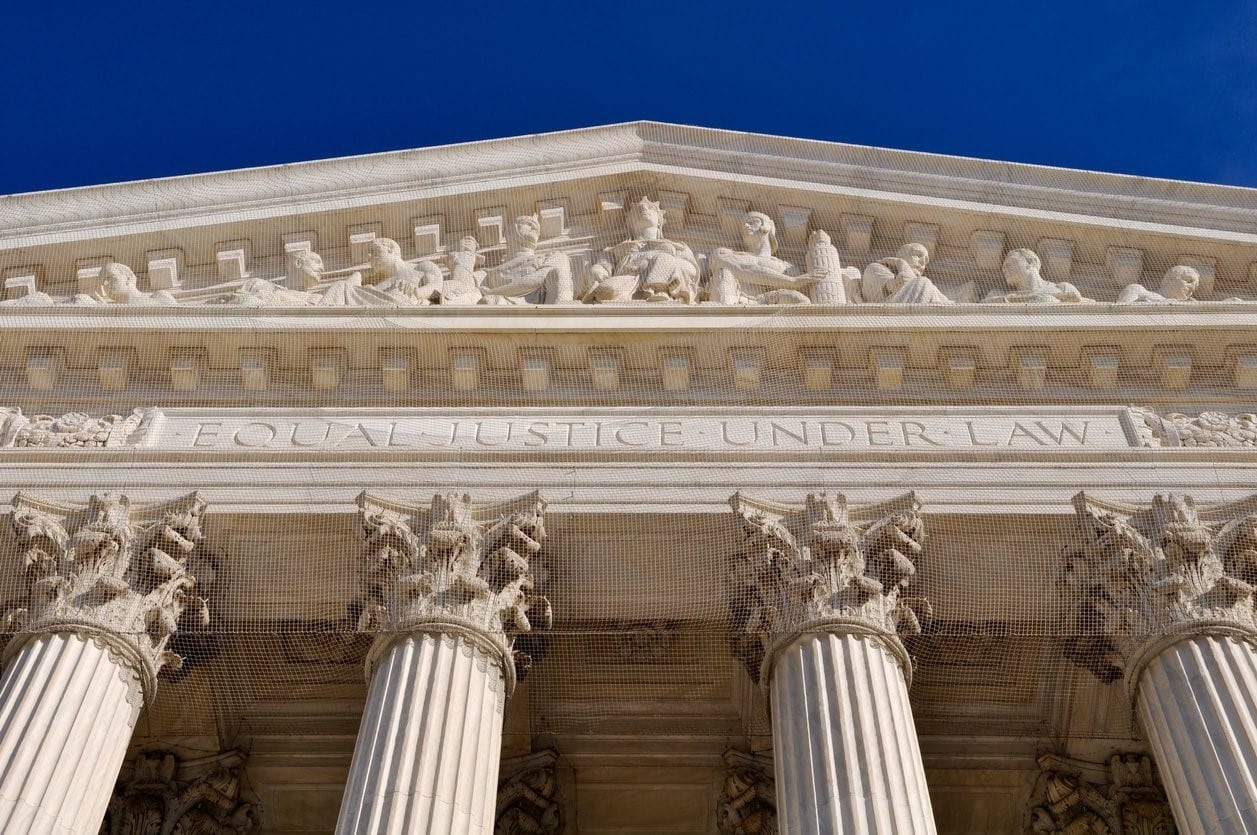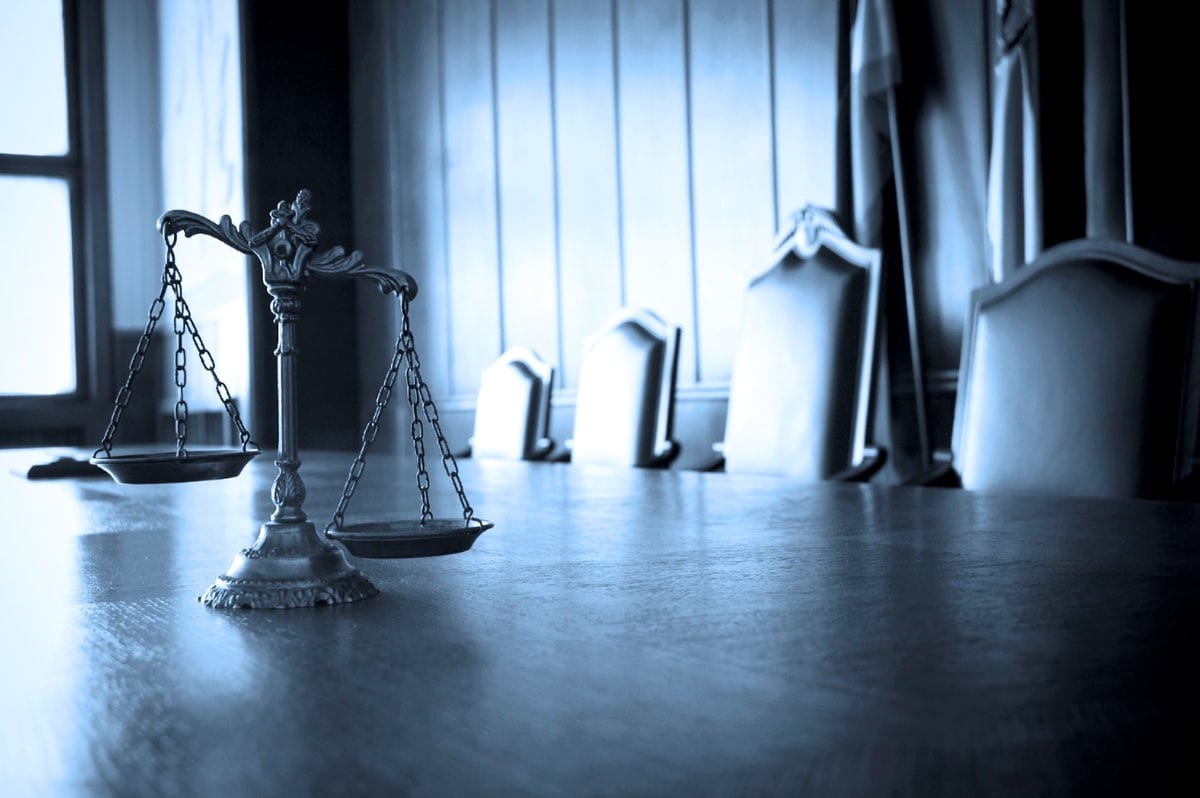
In the United States, there are both state and federal laws. State laws are passed by the state government and prosecuted in state court. Federal laws are passed by the United States Congress and prosecuted in Federal District Court.
Federal crimes are taken very seriously and often carry severe penalties. The most commonly prosecuted federal crimes are white collar crimes such as fraud and embezzlement, drug crimes such as trafficking and smuggling, and sex crimes such as child pornography or internet sex crimes.
Being charged with a federal crime can be a scary experience, but understanding the federal criminal process from beginning to end might help to ease your fears. So below we’re going to take a look at what happens if you are accused of a federal crime.
- Initial hearing/arraignment. After someone has been arrested for a federal crime and charged, he or she will be granted an initial appearance in front of a magistrate judge. At this point, the defendant will learn about their rights and the charges against them and enter a plea of guilty or not guilty. Arrangements will be made for an attorney, and the judge will determine if the defendant will be released until trial or held in jail.
- Discovery. During discovery, both the defense and prosecution have to prepare for trial by learning the facts of the case, examining the evidence, talking to witnesses, and developing a trial strategy. Additionally, the prosecution is required to present copies of all their materials and evidence to the defense as well as exculpatory evidence – evidence that could hurt the prosecution’s case.
- Plea bargaining. If the government has a strong case, they defense may try to reach a plea deal to avoid a trial and potentially lengthy sentences. The defendant will have to admit his guilt in open court and the judge will then be able to impose a sentence. If a plea deal is reached, there will be no trial and the next step will be a sentencing hearing.
- Preliminary hearings. These are like mini trials. The prosecution can call witnesses and present evidence – even evidence they wouldn’t be allowed to produce in a jury trial. If the judge determines there is probable cause that the defendant committed the crime, the trial will be scheduled. If the judge determines that the evidence doesn’t show probable cause, the judge will dismiss the charges.

- Trial. Before a trial, both attorneys can make pre-trial motions to address certain issues before the trial begins that can affect the trial, courtroom, defendants, evidence, or testimony. Once the trial arrives, a number of things have to take place:
- Jury selection
- Opening statements
- Presentment of cases, which includes witness examination and cross-examination
- Closing arguments
- Jury instructions
- Jury deliberation, where the jury decides whether a defendant is guilty or not guilty
- Announcement of the verdict
- Sentencing. If the defendant is found guilty, their lawyer can file post-trial motions – Motion for a New Trial; Motion for Judgment of Acquittal; Motion to Vacate, Set Aside, or Correct a Sentence. Then, after a few months, the defendant will return to court for his or her sentencing hearing. The judge will use sentencing guidelines, minimum and maximum penalties, and a number of factors to determine the defendant’s sentence.
- Appeals. If the defendant believes they were wrongly convicted or their sentence was too harsh, they can appeal. Appeals can be complicated and lengthy. Moreover, if an appeal goes against the defendant, they can appeal that decision as well.
As you can see, there are many steps in the federal criminal process. Hopefully knowing the process will alleviate some of your fears if you ever find yourself accused of a federal crime. Just remember, your best chance at getting a positive outcome is to contact an experienced Minnesota federal criminal attorney who can be your advocate every step of the way.
About the Author:
Christopher Keyser is a Minneapolis-based criminal and DWI defense attorney known for fighting aggressively for his clients and utilizing innovative tactics to get the most positive results. He has been featured in numerous media outlets due to the breadth and depth of his knowledge, and recognized as a Minnesota Super Lawyers Rising Star (2014–2015), a Top 100 Trial Lawyer (2013–2015), and a Top 40 Under 40 Attorney (2013–2015).





